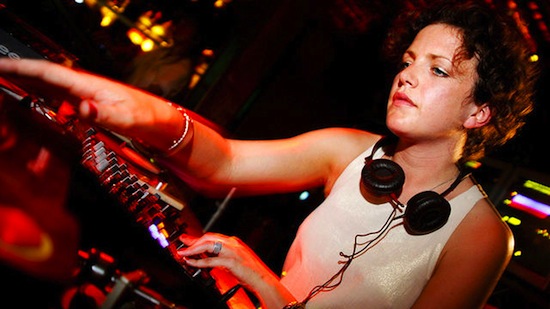Last year, we posted an opinion piece by Angus Finlayson about misogyny in dance music – read it here – which kick-started a huge amount of debate on the site.
Now, Quietus contributor Melissa Bradshaw has posted a brilliant article, ‘Genre vs. Ism’, on her blog Decks And The City on this subject.
Starting out by touching on some of the negative reactions to Angus’s piece, Melissa argues: “If someone can’t say that such and such kinds of behaviour are wrong, it means that behaviour is consented to,” adding “[s]peaking up about sexism is politically and morally necessary.”
She questions the excusing of sexist and misogynistic comments, particularly on social media, as ‘jokes’, a reflection of a “strategy that has been used both to dismiss feminism and to put women off being associated with feminism has always been to depict it as unnecessary, unwelcome and – worst horror of all! – unsexy.”
She also see the lack of a consensus behind Angus’s article, one equivalent to that against racism in sport, as indicative of a worrying complacency in dance music: “I also saw his attempt to talk about women and dance music pervasively ridiculed and derided as ‘boring’. Does that mean people think sexism in dance music is okay?”
Ultimately, she finds “the reaction to Angus’s article ironically proved where there is sexism in dance music, precisely because of the way people resisted the topic of women and dance music”, evidenced by some depressing figures: among others, Melissa found that 5 out of the first 95 acts (listed alphabetically) at this year’s Outlook Festival were women and that just a tenth of the acts in Rob da Bank’s Bestival tent were female (including Annie Mac, above). Further, only 9 women appeared in Resident Advisor’s top 100 DJs of 2012 list and only 8 featured in Mixmag’s 56 artist-strong ‘Who Is the Greatest Dance Act of All Time?’ cover.
Running counter to the positive, more gender-equal mood in the world of sport, especially post-Olympics, “if we can’t talk about women and dance music, “ writes Melissa, “that’s as conservative and reactionary as a UK government that axes public funding in a manner blatantly designed to curb women’s enfranchisement and shove them back into the home.”
Read the article in full here.



